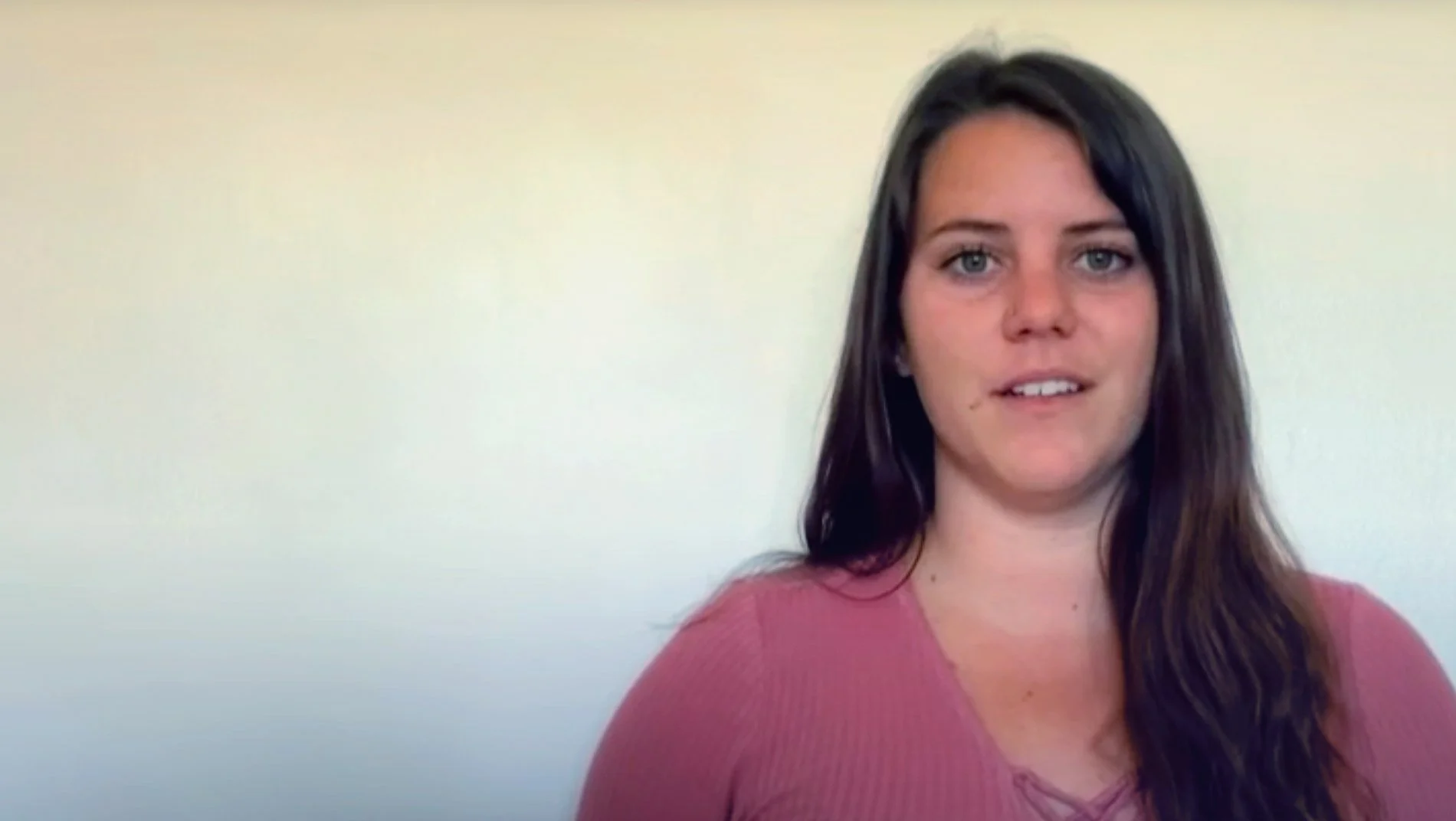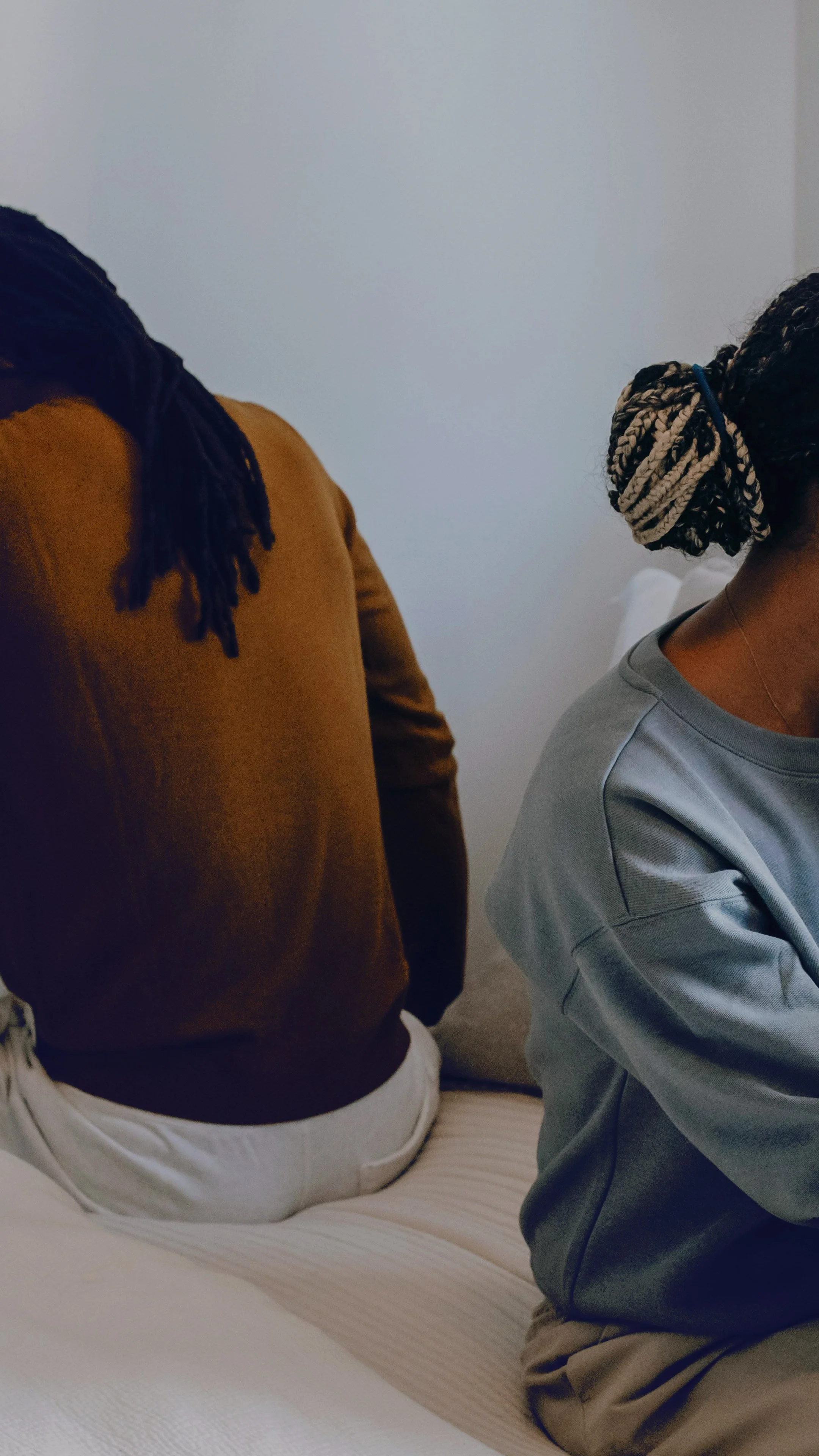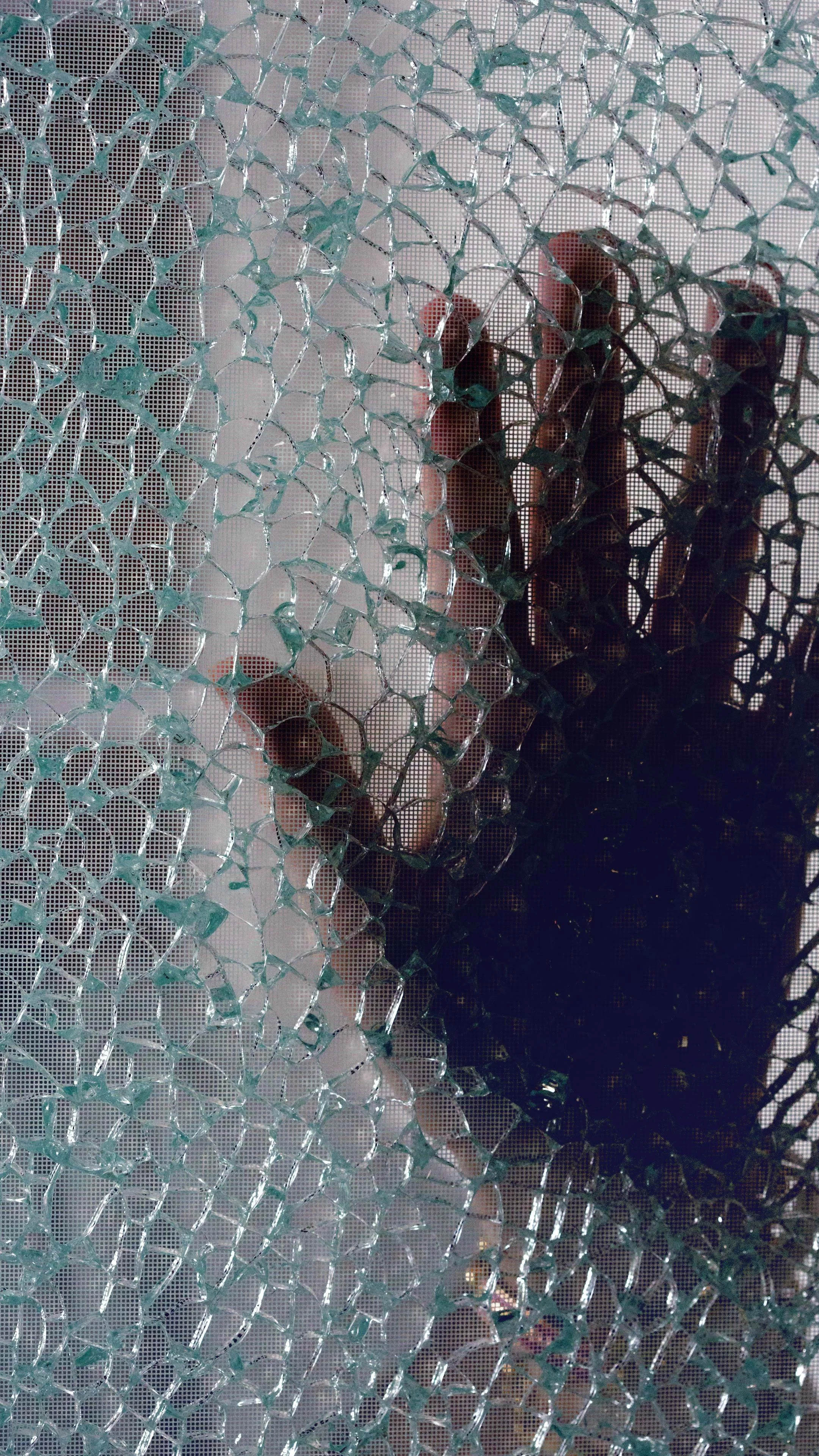LGBTQIA+ survivors
No one deserves to be sexually assaulted or abused. There is help for LGBTQIA+ survivors of sexual assault, abuse, or intimate partner violence.
-
Whether you are a survivor of sexual assault or intimate partner violence, it’s not your fault. No one ever deserves to be sexually assaulted or abused. Neither your sexual orientation or gender identity, nor the sexual orientation or gender identity of the perpetrator changes that fact.
-
Many members of the LGBTQIA+ community choose not to seek help after experiencing sexual assault/abuse and intimate partner violence because they feel that service organization cannot provide them with the services they need. Lumina Alliance is an inclusive environment with services catered to the LGBTQIA+ community and Lumina Alliance wants individuals to feel safe and comfortable seeking help and services after a traumatic event.
Sexual assault, sexual abuse, and intimate-partner violence are traumatic experiences. Following an attack, you may have physical pain, injuries, and strong emotional reactions.
You may experience many different feelings, such as self-blame, shame, anger, fear, guilt, or grief. You may find you’re unable to concentrate or focus because you “can’t stop” thinking about what happened. You may also experience flashbacks that make you feel nervous, angry, or afraid.
All these feelings are perfectly normal reactions. Lumina Alliance also offers individual and group therapy and a 24-hour Crisis and Information line at (805) 545-8888 for survivors who are interested.
-
Survivors of sexual assault or abuse deserve to heal in a supportive, safe, and empowering environment. It's important to remember: you are not alone, and your path to healing is uniquely yours. Here are some initial steps to consider when you're ready:
Acknowledge Your Experience
Recognizing the impact of trauma can be difficult, but acknowledging your experience is an important first step in healing. There’s no "right" way to feel—allow yourself to experience what you’re feeling, without judgment.
Give Yourself Permission to Heal
Healing is a process, and it’s okay to take it one step at a time. Give yourself the grace to heal at your own pace, and know that you don’t have to go through this journey alone.
Reach Out When You're Ready
When you’re ready to take the next step, reaching out for support can make all the difference. You don’t have to navigate this alone. Contact Lumina Alliance to speak with someone who understands and can guide you through your healing process.
Call our 24-Hour Crisis and Information Hotline at (805) 545-8888. -
While sexual assault/abuse and intimate-partner violence can happen in any relationship, the LGBTQIA+ community faces equal or higher rates of these issues. No one ever deserves to be abused and it is important to remember that sexual assault/abuse and intimate-partner violence is never your fault.
The LGBTQIA+ community faces higher rates of poverty, stigma, and marginalization, which puts the community as a whole at greater risk for sexual assault. Moreover, the ways in which society both hypersexualizes LGBTQIA+ people and stigmatizes relationships can lead to abuse and violence that stems from homophobia, heterosexism, and transphobia.
The CDC’s National Intimate Partner and Sexual Violence Survey found:
44% of lesbians and 61% of bisexual women experience rape, physical violence, or stalking by an intimate partner.
26% of gay men and 37% of bisexual men experience rape, physical violence, or stalking by an intimate partner.
46% of bisexual women have been raped; 22% of bisexual women have been raped by an intimate partner.
40% of gay men and 47% of bisexual men have experienced sexual violence other than rape.
The 2015 U.S. Transgender Survey found that 47% of transgender people are sexually assaulted at some point in their lifetime.
Among people of color, American Indian (65%), multiracial (59%), Middle Eastern (58%), and Black (53%) respondents of the 2015 U.S. Transgender Survey were most likely to have been sexually assaulted in their lifetime
Sexual assault/abuse and intimate partner violence are never okay. These instances of violence and abuse are motivated by power and control. Sexual assault/abuse and intimate partner violence are serious crimes.
-
Anyone can be a perpetrator of sexual assault/abuse or intimate partner violence. No matter who an attacker is, sexual assault/abuse and intimate partner violence are serious crimes. Sexual assault/abuse or intimate partner violence can be perpetrated by someone you know, a significant other, a family member, or a stranger.
-
When someone in the LGBTQIA+ community is victimized because of their sexual orientation or gender identity, this is a hate crime. These hate crimes can terrorize members of the LGBTQIA+ community by making them afraid to live in certain places and be free to move about in their community and across the country. Perpetrators commit hate crimes to send a message and express anger or hatred for the victim. These hate crimes are illegal.
Contact the Victim Connect Resource Center by phone at (855) 484-2846 or by chat for more information or assistance in locating services that can help if you are a victim of hate crime.
No one deserves to be abused or assaulted, no matter what. Please know you are not at fault in any way.
-
San Luis Obispo County Resources
Lumina Alliance (805) 781-6400 or (805) 545-8888 24-hour Crisis & Information line
Victim Witness Assistance Center (SLO County DA) (805) 781-5821
GALA Pride & Diversity Center / Tranz-Central Coast - (805) 541-4252
Santa Maria House of Pride and Equality (HOPE) (805) 316-1356
National Resources
Youth Resources

Resources
Lumina Alliance at (805) 781-6400, or reach out our 24-Hour Crisis and Information Line by calling (805) 545-8888
National Gay and Lesbian Hotline - (888) 843-4564
Trans Lifeline - (877) 565-8860
GALA Pride & Diversity Center / Tranz-Central Coast - (805) 541-4252



More information










